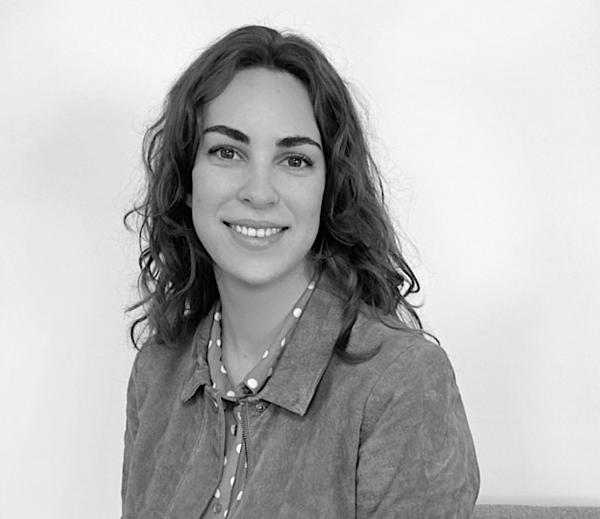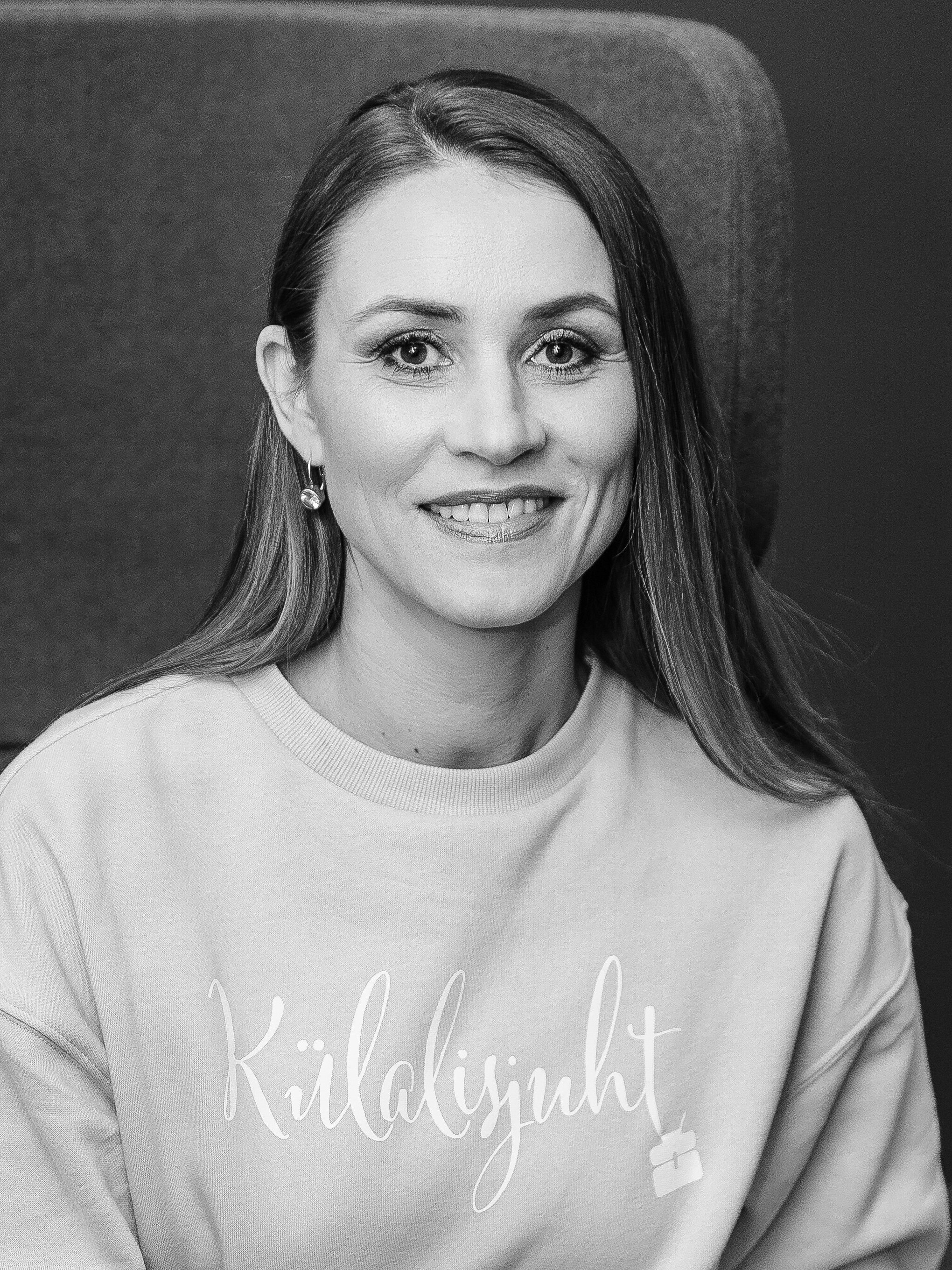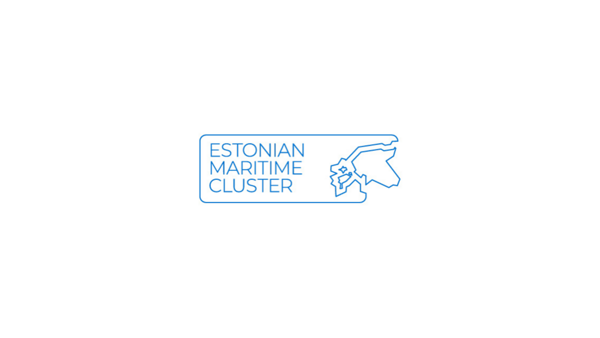BACKGROUND🌊 We all know the ocean's central role in our lives and how much humanity depends on its good health.
However, we are still learning about it: 95% of it is still unexplored, and new organisms are regularly being discovered. The oceans are not just vast bodies of water but crucial ecosystems supporting life on our planet.
The ocean provides food and is a climate regulator, absorbing 25% of our CO2 emissions and 90% of surplus heat from global warming.
🐳 While the ocean plays a crucial role in the lives of many communities and offers numerous opportunities, it faces threats from climate change and increasing pressures stemming from human activities. These factors affect the health and resilience of marine environments and biodiversity.
🌊 It's time to act. That's why we're launching #OceanHack4EU, a hackathon to find data-driven solutions to these challenges. Join us as we dive deep into innovation and emerge with prototypes that can make a real difference. Let's protect our oceans and unlock their potential together. 🌊🚀
The #OceanHack4EU online hackathon is organized by Mercator Ocean International as an implementer of the EU Copernicus Marine Service, on behalf of the European Commission, and is carried out by Garage48.
During this #OceanHack4EU, the participants are invited to use data and information from the EU’s Copernicus Marine Service to tackle the challenge they want. Other EU marine data providers EMODnet and EUMETSAT, data partners of the event, will support the teams.
This event echoes Mercator Ocean International’s mission to create global ocean knowledge for a sustainable ocean, aligned with the UN Decade of Ocean Science for Sustainable Development’s vision. It also reflects the aim of the EU Mission “Restore our Ocean and waters” to protect and restore the health of our ocean and waters through research and innovation, citizen engagement, and blue investments.
SIGN UP HERE AND POST YOUR IDEA!
Join the event on Facebook!
#OceanHack4EU will be divided into the following 5 sub-topics:
🌊 HEALTHY OCEAN
How can the health of the ocean be monitored? How can people who need to access and monitor water quality be supported? How can harmful algal blooms be predicted, monitored, and avoided? How can all types of pollution (oil spills, chemicals, plastics, etc.) be monitored and helped reduce? How can species and ecosystems be protected from plastic debris? …
🌊 SAFE OCEAN
How do we monitor the safety of the ocean? How can we help reduce casualties in maritime accidents and incidents? How do we support the monitoring of and fight against coastal erosion? How do we help plan the safest and most sustainable ship routing? How can we increase community resilience to extreme weather events? ...
🌊 LIVING OCEAN
How can we monitor the livability of the ocean? How do we protect and restore marine species and ecosystems? How to ensure a sustainable approach to fisheries and aquaculture? ...
🌊 POWERFUL OCEAN
How can we use and monitor the power of the ocean? How do you design offshore renewable energy projects? How do we assess risks in offshore oil and gas platforms? How do monitoring systems for accident prevention be implemented? ...
🌊 INSPIRATIONAL OCEAN
How can the ocean inspire everyone? How can we create educational apps and outreach programs? How can we develop interactive learning materials for marine conservation awareness?
The hackathon aims to help innovative people create tools that will positively impact the environmental field using Copernicus Marine Service data (mandatory criteria). By the end of the hackathon, teams shall be able to present a mockup demonstrator of their project. All solutions have to use at least one Copernicus Marine Service data product. 🏆 on the defined five topic areas, the teams should intend to develop projects such as (but not limited to):
▪ innovative ways of visualizing data
▪ new dashboards of indicators
▪ what-if scenarios and tools to simulate scenarios
▪ ways of using the data to communicate about environmental challenges.
FOR WHO
We invite business visionaries, marketing wizards, project managers, educators, web/app developers, UX/UI designers, entrepreneurs, product/service developers, marine and coastal field experts and students, environmentalists, data scientists, meteorologists, oceanographers, marine biologists, and other interested individuals with the desire to contribute to the development of new and change-making products and services with their knowledge and skills.
Knowledge of the Copernicus marine data would be an advantage for the teams but is not required.
Participation is free.
🏆PRIZES🏆
- Opportunity to present winning project as a "data-user testimony" during a Copernicus Marine Service event
- Best projects added to the "use cases" section of the Copernicus website for visibility and recognition Mercator Ocean International
- Support to integrate the project into the European Digital Twin Ocean Mercator Ocean International
...and more!
SIGN UP HERE
WHERE
#OceanHack4EU is an online hackathon. Join us from anywhere around the world.
TEAM FORMATION
Garage48 hackathons have proven to be an excellent opportunity to meet fellow talents, potential co-founders, employers, and employees and work with field experts who will support you in the process! So, come and form your dream team, put your skills to the test, and create new solutions for the market. You can register as an individual or a team. You can register with an idea and put together a team of skilled individuals who are looking for an idea to work on, or if you don´t have an idea, you are very welcome to join a team with an idea you like.
There’s plenty of fish in the sea 🐠🐠🐠
Please note that at least one team member should be from or live in Europe.
PRE-EVENTS
An essential part of getting yourself maximum-ready and making the most of the hackathon is attending the carefully designed pre-events!
Don't miss the opportunity to:
Get to know the topic areas in more depth and understand your problem-solution fit
Learn about Copernicus Marine Service data
Get familiar with the data sets and learn how to use them
Validate your ideas, mix and mingle with other participants, and form teams
Read more about the timeline of the program under "Agenda" tab.
SIGN UP HERE
#OceanHack4EU – Dive deep into innovation for our oceans!
TIMELINE
15th April- Pre-event #1Kickoff: Introduction to the topic areas and Copernicus Marine Service data.
SIGN UP HERE AND POST YOUR IDEA!
21st May - Pre-event #2: Team formation and matchmaking event
27th May - Team formation and idea submission deadline
29th May - Announcement of the selected teams and ideas that make it to the hackathon
3rd-7th June - #OceanHack4EU online hackathon
AGENDA OF THE HACKATHON
3rd of June
10:00- 11:15 Opening words and kickoff
11:15 - 00:00 Independent work
4th of June
09:00- 10:15 Checkpoint 1- Tell us your plan for the hackathon
11:00- 18:00 Mentoring
11:00- 00:00 Work continues on the background
5th of June
09:00- 10:15 Checkpoint 2- Progress, plans and problems
11:00- 18:00 Mentoring
18:00- 18:45 Pitch Training
6th of June
09:00- 10:15 Checkpoint 3– Show us your prototype
10:30- 13:00 Pitch Drill #1
11:00- 18:00 Mentoring
7th of June
09:00- 11:00 Pitch Drill #2
13:00. Deadline to submit the demo
15:00-16:15 Final Demos
16:15- 17:00 Jury deliberates
17:00-17:30 Award Ceremony
All participating teams must use at least one Copernicus Marine Service data product.
You are free to combine them or add data from other sources, including EMODnet and/or EUMETSAT, the event's data partners.
Full recording of the 15th of April pre-event:
https://youtu.be/ENM9imfBm_4
Kickoff event presentations:
https://drive.google.com/drive/u/2/folders/1qVmNClmY40uImSRgBEg3Adg20WEaFz9-
1. Copernicus Marine Service products
The Copernicus Marine Service provides free access to global observation products (in situ and satellite) and modeling data for the physical ocean (waves, sea level, currents, temperature, salinity…., etc.) and the biogeochemical ocean (nutrients, chlorophyll, plankton, ocean color…, etc. provide free access to global observation products (in situ and satellite) and modeling data for the physical ocean (waves, sea level, currents, temperature, salinity….), the biogeochemical ocean (nutrients, chlorophyll, plankton, ocean color…).
http://marine.copernicus.eu/services-portfolio/access-to-products/
Find help & guidance to use the Copernicus Marine Service products:
Copernicus Marine Service’s ‘How to’ YouTube playlist
2. Other EU marine data partners
2.1 Copernicus ocean data from EUMETSAT
EUMETSAT operates weather and environmental monitoring satellites for Europe. Data suitable for a broad range of marine applications is available through a variety of access mechanisms. Details of our missions, products, and services can be found at our user portal - https://user.eumetsat.int.
2.2 EMODnet
The European Marine Observation and Data Network (EMODnet), is the EU's public marine data service and serves as a trusted source of in situ marine data and data products, catering to a diverse user base across various sectors. The EMODnet Portal is a single access point offering easy and free access to a wealth of marine data, metadata, and data products. Covering seven disciplinary themes, including bathymetry, geology, physics, chemistry, biology, seabed habitats, and human activities, EMODnet spans the entire marine environment from coast to open ocean, surface to deep seafloor.
3. Other useful marine data sources
4. Learning resources
TOPIC AREAS
Check out some inspiring ideas for what you can do with the data for each challenge. Remember, these are just examples – we'd love for you to share your own groundbreaking "moonshot" ideas!
HEALTHY OCEAN
Join us to foster a healthy ocean by innovating solutions for monitoring water quality, predicting harmful algal blooms, reducing pollution, and protecting species from plastic debris using Copernicus data. Get inspired by these ideas:
Ocean Health Monitoring Platforms: Develop platforms that utilize data to monitor various indicators of ocean health, such as water temperature, salinity, acidity, and nutrient levels. These solutions could provide real-time data and alerts to stakeholders, allowing for timely interventions to address environmental threats.
Water Quality Monitoring Applications: Create applications that use data to support people who need to access and monitor water quality regularly, such as coastal communities, fisheries, and aquaculture operators. The applications could provide user-friendly interfaces for collecting, analyzing, and visualizing water quality data, empowering stakeholders to make informed decisions about resource management.
Harmful Algal Bloom Prediction Systems: Design systems that leverage data to predict, monitor, and mitigate harmful algal blooms (HABs). By analyzing environmental factors such as water temperature, nutrient levels, and ocean currents, these systems could forecast the onset and spread of HABs, enabling proactive measures to protect marine ecosystems and public health.
Pollution Monitoring and Reduction Tools: Develop tools that use data to monitor various types of pollution in the ocean, including oil spills, chemical contaminants, and plastic debris. These tools could integrate satellite imagery, remote sensing data, and machine learning algorithms to detect and track pollution sources, assess environmental impacts, and inform pollution prevention and cleanup strategies.
Plastic Debris Management Strategies: Using Copernicus data, create strategies for protecting species and ecosystems from plastic debris. Participants could develop models to track the movement of plastic waste in the ocean, identify hotspots of accumulation, and prioritize cleanup efforts. Additionally, they could propose innovative solutions for reducing plastic pollution at its source, such as implementing policy interventions or promoting sustainable alternatives to single-use plastics.
SAFE OCEAN
Join us in safeguarding the ocean's safety through innovative solutions for monitoring, reducing maritime casualties, combating coastal erosion, promoting sustainable ship routing, and enhancing community resilience to extreme weather events. Below are some examples of solutions:
Real-Time Monitoring Systems: Develop systems that use satellite data to monitor ocean conditions in real-time, including sea surface temperature, wave height, and weather patterns. This information can help identify potential hazards and alert ships to dangerous conditions, reducing the risk of maritime accidents.
Collision Prediction Algorithms: Create algorithms that analyze data along with ship traffic patterns to predict potential collisions at sea.
Coastal Erosion Monitoring Tools: Utilize data to monitor coastal erosion and identify areas at risk. By understanding the factors contributing to erosion, such as sea level rise and wave action, communities can implement mitigation strategies to protect coastal infrastructure and habitats.
Ship Routing Optimization Platforms: Develop platforms that use data to optimize ship routing for safety and sustainability. By considering factors such as weather conditions, sea currents, and potential hazards, these platforms can help ships plan the safest and most efficient routes, reducing the risk of accidents and minimizing environmental impact.
Community Resilience Initiatives: Create tools and resources to help coastal communities build resilience to extreme weather events, such as hurricanes and storm surges. This could involve using data to improve early warning systems, develop evacuation plans, and strengthen infrastructure to withstand natural disasters.
LIVING OCEAN
Join the challenge to preserve the vitality of our oceans by innovating solutions for monitoring, protecting, and sustainably managing marine life and ecosystems! Here are some possible solutions:
Ecosystem Monitoring Platforms: Develop platforms that utilize data to monitor the health and livability of marine ecosystems. These platforms could track indicators such as water quality, biodiversity, and habitat integrity to assess the overall condition of marine environments.
Species Protection and Restoration Tools: Identify areas of high biodiversity and prioritize conservation efforts. Develop algorithms to detect and monitor endangered species, track their movements, and identify threats to their habitats.
Fisheries Management Systems: Utilize data to implement sustainable fisheries management practices. This could involve developing predictive models to estimate fish populations, monitor fishing activity, and assess the impact of fishing on marine ecosystems.
Aquaculture Planning Platforms: Design platforms that use data to support sustainable aquaculture practices. These platforms could analyze environmental factors such as water temperature, salinity, and nutrient levels to optimize site selection for aquaculture operations.
Marine Conservation Education Initiatives: Create educational resources and outreach programs to raise awareness about the importance of marine conservation. This could involve visualizing data showing the changes occurring in the ocean, engaging stakeholders, and fostering a greater appreciation for marine ecosystems.
POWERFUL OCEAN
Harness the power of the ocean while ensuring safety and sustainability. Here are some possible solutions:
Renewable Energy Planning Tools: Develop tools that utilize data to identify suitable locations for offshore renewable energy projects, such as wind farms and tidal turbines. These tools could analyze factors like wind speed, wave height, and seabed topography to optimize the design and placement of renewable energy infrastructure.
Offshore Energy Risk Assessment Platforms: Create platforms that use Copernicus data to assess risks associated with offshore oil and gas platforms. You could develop predictive models to identify potential hazards, such as extreme weather events or equipment failures, and implement mitigation strategies to minimize risks to workers and the environment.
Accident Monitoring Systems: Design monitoring systems that leverage data to detect and prevent accidents in offshore energy operations. These systems could integrate real-time data on environmental conditions, vessel traffic, and equipment performance to provide early warnings of potential safety hazards and enable timely interventions.
Environmental Impact Assessment Tools: Data could be utilized to conduct environmental impact assessments for offshore energy projects. You could develop tools to analyze the potential effects of energy extraction activities on marine ecosystems, including habitat disturbance, pollution, and noise pollution, and inform decision-making processes to minimize negative impacts.
Emergency Response Planning Platforms: Create platforms/applications that use Copernicus data to support emergency response planning for offshore energy accidents. These platforms could integrate data on environmental conditions, resource availability, and response capabilities to facilitate coordinated and effective responses to incidents such as oil spills or equipment failures.
INSPIRATIONAL OCEAN
Make the ocean an inspiration for everyone by developing inventive educational apps, outreach initiatives, and interactive learning materials to raise awareness about marine conservation. Below are some examples:
Interactive Educational Apps: Create educational apps that utilize data to provide engaging and interactive learning experiences about the ocean. These apps could include features such as virtual tours of marine ecosystems, interactive maps showcasing oceanographic data, and educational games that teach about marine conservation and biodiversity.
Outreach Programs: Develop outreach programs that use Copernicus data to raise awareness about the ocean's importance and inspire action for its conservation.
Interactive Learning Materials: Design interactive learning materials for marine conservation awareness that incorporate Copernicus data. These materials could include multimedia presentations, hands-on activities, and online resources that illustrate critical concepts related to ocean health, such as ocean acidification, coral bleaching, and marine pollution, using real-time data and visualizations.
Citizen Science Initiatives: Kickstart citizen science initiatives that empower people to contribute to ocean research and conservation efforts using Copernicus data. Participants could develop platforms where citizens can collect and analyze marine biodiversity, water quality, and coastal erosion data and contribute valuable insights to scientific research and policy-making.
Artistic Collaborations: Foster collaborations between artists and scientists to create inspiring works of art that highlight the beauty and importance of the ocean. Participants could use Copernicus data as inspiration for visual art, music, film, and literature that convey powerful messages about ocean conservation and inspire viewers to take action to protect marine ecosystems.
Watch the recording of the 15th of April Kick-off Event and get to know more about the data!
https://youtu.be/ENM9imfBm_4
Presentations of the kickoff event's speakers are accessible HERE
_huge.jpg)








_block.png)
-3_block.png)
